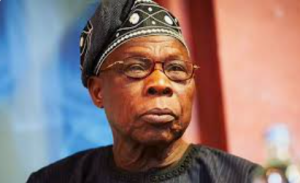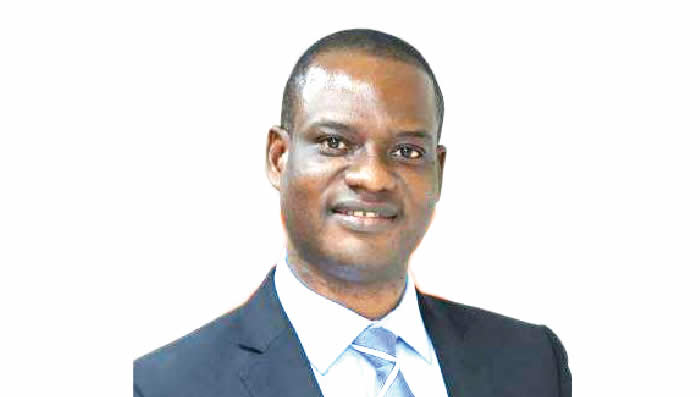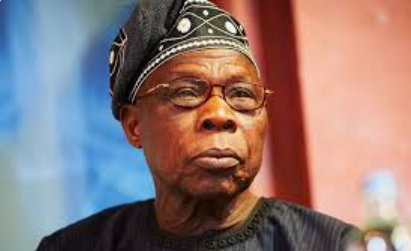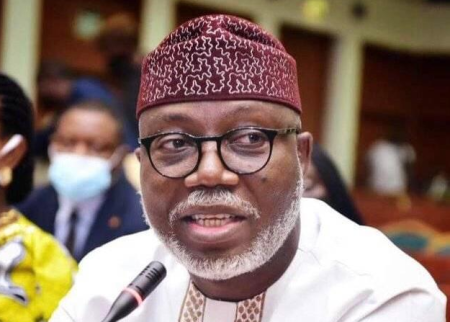Nigeria’s Tax System: A Drag on Economic Growth
Nigeria’s current tax system is a significant impediment to economic growth, characterized by a multitude of taxes, numerous taxing agencies, and a pervasive approach that burdens businesses of all sizes, both formal and informal. This complex and often redundant system creates an environment where businesses feel overwhelmed by constant taxation, hindering their ability to thrive and contribute to overall economic expansion. A key concern is the disproportionate burden placed on small businesses, which are often ill-equipped to navigate the complexities of the tax system and are left feeling exploited rather than supported. The current system discourages entrepreneurship and innovation, stifling the growth of small businesses, which are vital for job creation and economic diversification. Instead of fostering a supportive environment, the system appears to be predatory, extracting resources from businesses even before they have a chance to establish themselves. A reimagining of the tax system is needed, shifting from a focus on revenue generation at all costs to a more supportive and enabling approach that encourages business growth and development.
A Vision for a Supportive Tax System
The ideal tax system should be a catalyst for economic growth, offering support and guidance to businesses rather than acting as a burden. This involves a shift in mindset and a commitment to fostering an environment where businesses can thrive. Instead of multiple agencies descending upon nascent businesses demanding various levies and permits, the government should be proactive in offering support services such as access to credit facilities, capacity development programs, and other resources that can help businesses succeed. This vision requires a fundamental change in the relationship between government and businesses, moving from an adversarial approach to a collaborative partnership. The goal should be to create a system where businesses feel empowered and supported by the government, recognizing them as vital contributors to economic growth and prosperity.
Addressing Foreign Exchange Challenges through Fiscal Policy
The divergence between the official and parallel foreign exchange markets poses a significant threat to the Nigerian economy, even more so than naira volatility. A potential solution lies in utilizing fiscal policy to address this disparity. By imposing a tax on the premium earned in the parallel market, the government can disincentivize its use and encourage transactions through official channels. This tax could be levied on any amount exceeding the official exchange rate, requiring payment within a short timeframe. This approach would not only help stabilize the exchange rate but also generate additional revenue for the government. However, such a proposal may face political resistance due to the potential impact on certain stakeholders. Despite potential opposition, implementing this fiscal policy measure could be a crucial step in stabilizing the foreign exchange market and fostering a more predictable and sustainable economic environment.
The Four Pillars of Economic Stability
Achieving economic stability in Nigeria requires addressing four key areas: output growth, inflation, fiscal position, and external accounts. Firstly, output growth must consistently outpace population growth to ensure sustainable economic development. Secondly, inflation must be kept low and ideally declining, creating a stable environment for businesses and consumers. Thirdly, the fiscal position needs to be brought within the limits prescribed by the Fiscal Responsibility Act, ensuring responsible management of public finances. Lastly, the external account, currently performing well, needs to be maintained in a healthy state. Addressing these four pillars requires a comprehensive and coordinated approach, involving both fiscal and monetary policies, as well as structural reforms to enhance productivity and competitiveness.
The Challenge of Food Security and Policy Execution
While high inflation is a concern, food security presents an even more pressing challenge. Ensuring access to affordable and nutritious food for all citizens is crucial for social stability and economic development. This requires investments in agriculture, infrastructure, and social safety nets to protect vulnerable populations. Furthermore, the government’s economic policies, while often well-intentioned, suffer from weak execution. This disconnect between policy formulation and implementation hinders the effectiveness of government interventions and undermines efforts to achieve economic stability and growth. Bridging this gap requires strengthening institutional capacity, improving coordination among government agencies, and enhancing accountability mechanisms to ensure that policies are implemented effectively and efficiently.
Honoring a Legacy and Embracing the Future
The economic roundtable served as a tribute to the legacy of Olabode Agusto, whose contributions significantly shaped Nigeria’s financial and economic landscape. His visionary leadership and commitment to excellence continue to inspire current and future generations of economists and financial professionals. The event emphasized the importance of adapting to the changing global landscape, characterized by disruptions to globalization, technological advancements, sustainability concerns, and geopolitical shifts. Navigating these challenges requires strategic thinking, innovative solutions, and a commitment to building a resilient and sustainable economy. By honoring the past and embracing the future, Nigeria can unlock its full economic potential and create a prosperous future for all its citizens.














